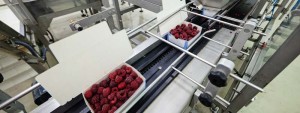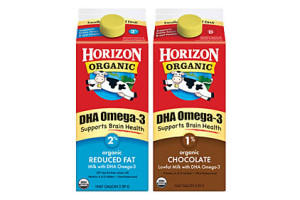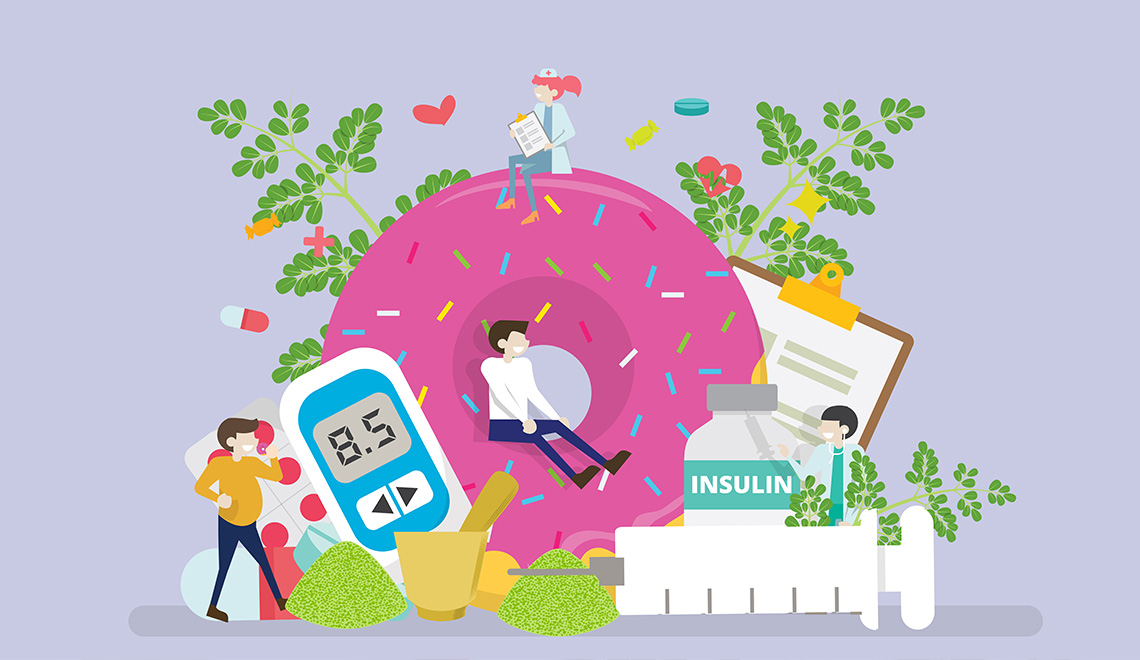
Nowadays, when a person thinks of processed food they think of products that barely resemble food at all, products that have been changed through a large scale manufacturing process to be less healthy and full of dreaded additives.
The fact is, all food is processed, at least in some way.
The technical definition of processed food is food that has had something done to it before it is consumed. If an apple is cut, it is processed. If vegetables are flash frozen, they’re processed. Even pre-packaged organic granola is a processed food. Technically speaking, when one bakes cookies at home, they have processed the ingredients into something that is edible and enjoyable.
Misconceptions
Processed foods receive their bad reputation from misconceptions of the food industry. The general public regards processed foods as unhealthy and full of empty calories. Of course, many foods out there don’t contribute to the overall nutrition of the human body, but one could argue that they aren’t meant to; they’re just meant to be enjoyable. However, the original idea and overall goal of processed food is to improve the health of people.
People have been processing foods for many, many years. Originally, most processing included cooking and various preservation methods such as roast, steaming, smoking, and fermentation. Fermentation itself improves taste, safety, and nutritional content in addition to preservation. Modern food processing began to develop more in the 19th and 20th centuries, mostly to suit the needs of the military. In 1809, canning was invented to allow French troops to keep and eat food in a way that preserved their nutritional content. Later in the same century, pasteurization was invented greatly improving the safety and quality of dairy products and even beer and wine. The mid to late 20th century focused mainly on convenience foods, fortification, and general globalization of foods. It was not always that we could eat a variety of fruits and vegetable all year long, no matter if they were in season or not.
Benefits
I believe that the people today take for granted what processing food gives us. Processed food is much safer, cleaner, and in many cases, nutritionally robust. Food fortification of essential vitamins and minerals has greatly improved the health of many people, even when they cannot afford fresh fruits and vegetables. On the whole, good nutrition has increased in the population due to access to affordable, nutritionally dense foods. Our food today is largely free of toxins and diseases and systems have been put in placed to ensure the safety of food products such as Good Manufacturing Practices (GMPs) and Hazard Analysis Critical Control Points (HACCP), which not only ensure the safety of products from agents such as bacteria, but also from the processing itself, ensuring that mistakes and contaminations are caught before the product reaches consumers. Preservation methods have even allowed for food in times of food shortages.
While processed foods have received a bad reputation in recent times, it is important to understand where we would be without it. Simply put, the varied diet of our society today, full of fresh produce, protein, carbs, and something sweet every now and again would not be possible. The importation of exotic foods and reduced amount of hard labor needed in growing and preparing food would be unimaginable to our ancestors. Processed foods may not be so bad after all.
http://www.ift.org/knowledge-center/learn-about-food-science/food-facts/processed-foods.aspx












